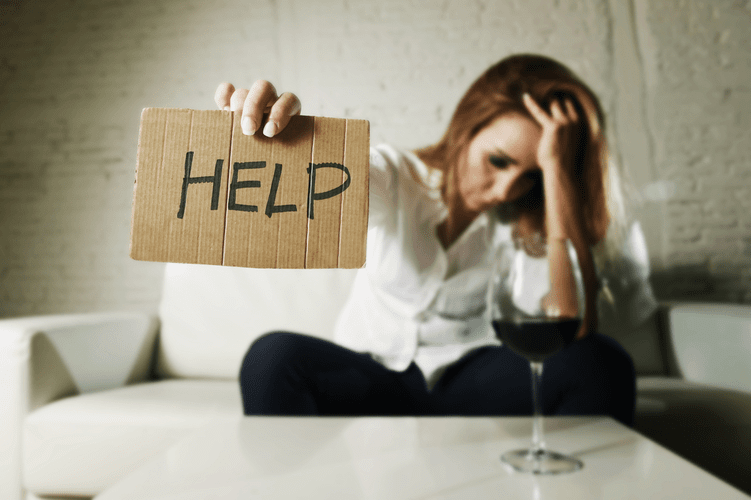Unraveling the reasons behind the cravings experienced by individuals with alcohol use disorders requires an understanding of the complex mechanisms at play. This section will explore the role of a neurotransmitter called dopamine in sugar and alcohol addiction and discuss the concept of ‘sweet liking’ in alcohol use disorder. People with substance use disorders often experience intense cravings for sugar during their recovery journey.

What You Need to Know About Driving on Prescription Drugs
- Alcoholics often experience strong cravings for sugar, and there are several reasons why this occurs.
- However, you’re still dealing with an addiction that can cause health problems in the long term.
- This preference for sweetness can be heightened in individuals with a history of alcoholism, leading to an increased desire for sugar to satisfy their cravings.
- Many studies have explored the relationship between alcohol consumption and the dopaminergic system, revealing its significance in understanding alcohol cravings and addiction.
- Hypoglycemia, or low blood glucose, can occur when alcohol is consumed in conjunction with medications commonly used to treat diabetes, such as insulin and sulfonylureas.
Proper nutrition and hydration are key components of managing sugar cravings in recovery. Addressing the root causes of sugar cravings through a drug addiction treatment well-balanced diet can help stabilize blood sugar levels and reduce the intensity of cravings. It is important to choose nutrient-dense foods that provide essential vitamins, minerals, and fiber. This includes incorporating fruits, vegetables, whole grains, lean proteins, and healthy fats into meals. By nourishing the body with wholesome foods, individuals can support their overall health and reduce the likelihood of experiencing intense sugar cravings. For individuals in recovery from alcohol addiction, managing sugar cravings plays a crucial role in maintaining sobriety and overall well-being.
The Importance of a Healthy Lifestyle
You’re no longer reaching for a glass of wine but you’re emptying bags of sweets and munching your way through boxes of glazed donuts. Discover understanding the effects of social isolation on mental health and explore coping strategies for wellness. Explore understanding the impact of loneliness on mental health and discover strategies for connection and healing. Discover the impact of overworking on mental health, from symptoms to coping strategies and seeking why do alcoholics crave sugar support. Additionally, sugar consumption can temporarily reduce feelings of stress and anxiety due to its impact on brain chemistry.
Analyzing the Connection Between Creativity and Mental Illness
Many people in recovery report having a craving for sweets during their first phase, and often, over the course of their lives. Within moderation, and within reason, it seems the intake of sugar and high-carbohydrate sugar foods such as fruits, can help to curb cravings. Another interesting fact found in another study by Colditz et al. (1991) is that consumption of sweets may possibly suppress alcohol intake.

From health risks https://ecosoberhouse.com/ to social relationships, explore the impact of daily consumption. Furthermore, research reveals that sugar can stimulate the pleasure center in the brain as much as drugs like cocaine, and sometimes even more than alcohol and drugs 2. Dr. Weiss encourages people to engage in as many healthy, mood-boosting activities as they can to avoid reaching for candy (or back to alcohol) for a quick dopamine fix. You can reap the benefits of many different feel-good hormones without the use of substances or sugar. Your unique neurobiology will influence whether you experience intense cravings or not, says Weiss. Additionally, alcohol consumption may result in hypoglycemia, complicating the distinction between intoxication symptoms and low blood sugar effects 4.